The Mekong Delta will form one million hectares of high-quality, low-carbon rice cultivation associated with green growth.
The Project on Sustainable Development of One Million Hectares of High-Quality and Low-Emission Rice Cultivation in the Mekong Delta by 2030 , approved by the Prime Minister on November 27, aims to sustainably develop Vietnam's rice industry and farmers' income, adapt to climate change, reduce greenhouse gas emissions, and contribute to the implementation of international commitments.
Along with planting one million hectares of high-quality, low-emission rice, the Mekong Delta will reduce the use of seed rice, chemical fertilizers, and chemical pesticides. Post-harvest losses will also be reduced; straw will be collected from the fields and reused. Farmers’ incomes will increase along with high-quality rice exports.
12 provinces participating in low-emission rice cultivation include An Giang, Kien Giang, Dong Thap, Long An, Soc Trang, Can Tho, Bac Lieu, Tra Vinh, Hau Giang, Ca Mau, Tien Giang, Vinh Long.
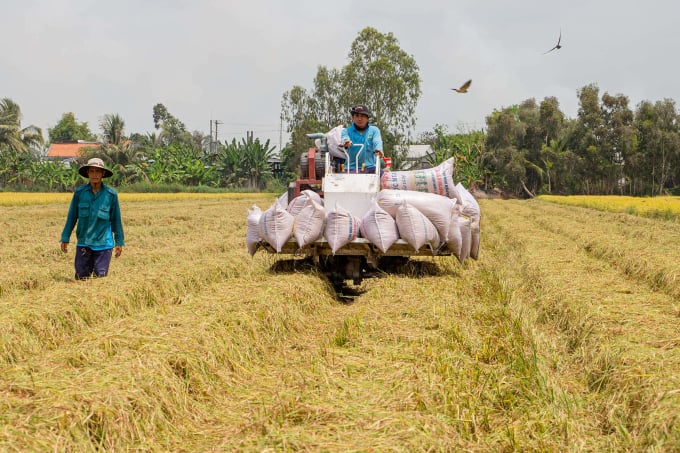
Harvesting rice in Thanh An commune, Vinh Thanh district (Can Tho city). Photo: Thanh Tran
By 2025, the provinces will plant 180,000 hectares of low-emission rice and pilot carbon crediting for areas that meet the standards. By 2030, the area will expand to 820,000 hectares of low-carbon rice.
The Prime Minister assigned the Ministry of Agriculture and Rural Development to assess greenhouse gas emission reductions for project implementation; receive funding from international organizations. The Ministry will develop a pilot mechanism for carbon credit payments for specialized rice growing areas that meet the criteria.
In November 2021, speaking at the Climate Summit within the framework of COP26 in Glasgow (UK), Prime Minister Pham Minh Chinh stated Vietnam's commitment to achieving net zero emissions by 2050. Since then, Vietnam has actively implemented many solutions towards this goal.
Net zero emissions means cutting emissions to as close to zero as possible, possibly through a transition to a green economy and renewable energy. Any remaining emissions must also be absorbed by forests and oceans.
In mid-November, while receiving Ms. Manuela Ferro, Vice President for East Asia and Pacific of the World Bank Group (WB), the Prime Minister proposed that the WB provide Vietnam with low-interest loans to implement many projects, including one million hectares of high-quality, low-emission rice.
Source link


![[Photo] Overcoming all difficulties, speeding up construction progress of Hoa Binh Hydropower Plant Expansion Project](https://vstatic.vietnam.vn/vietnam/resource/IMAGE/2025/4/12/bff04b551e98484c84d74c8faa3526e0)



![[Photo] Closing of the 11th Conference of the 13th Central Committee of the Communist Party of Vietnam](https://vstatic.vietnam.vn/vietnam/resource/IMAGE/2025/4/12/114b57fe6e9b4814a5ddfacf6dfe5b7f)

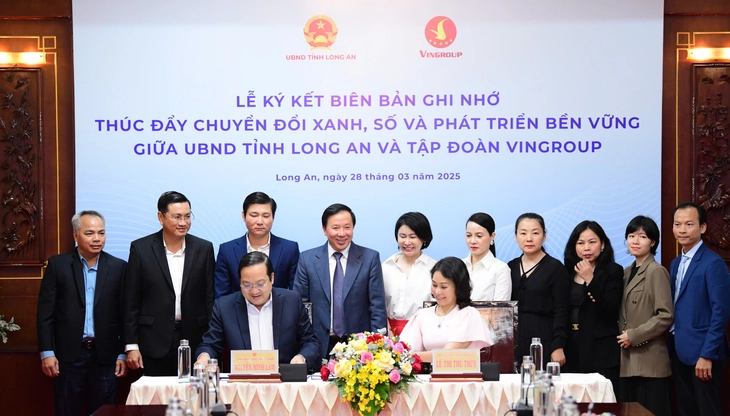

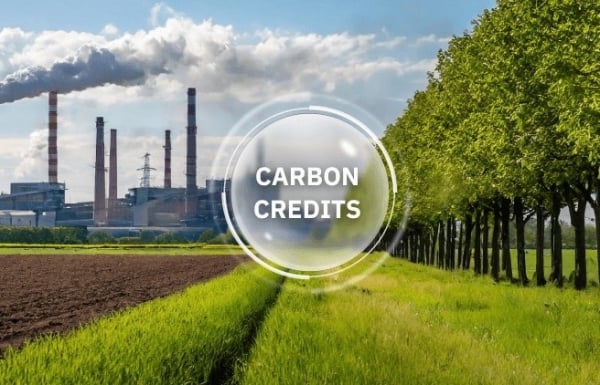

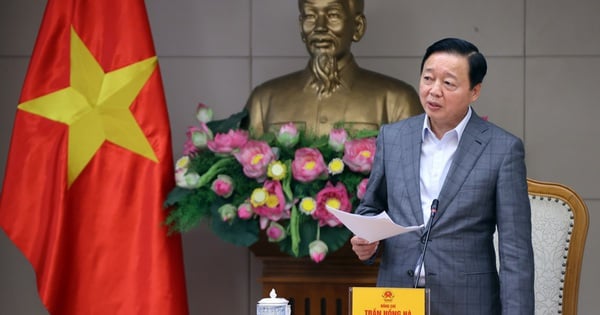

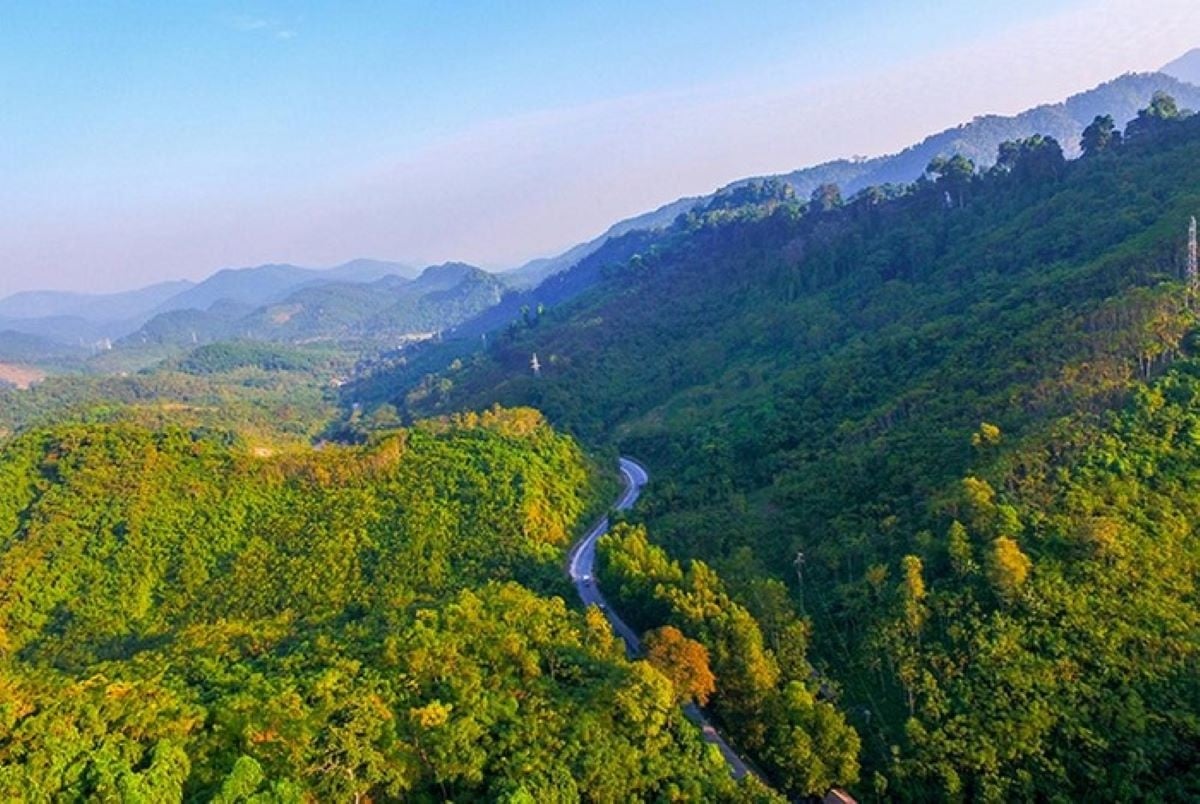

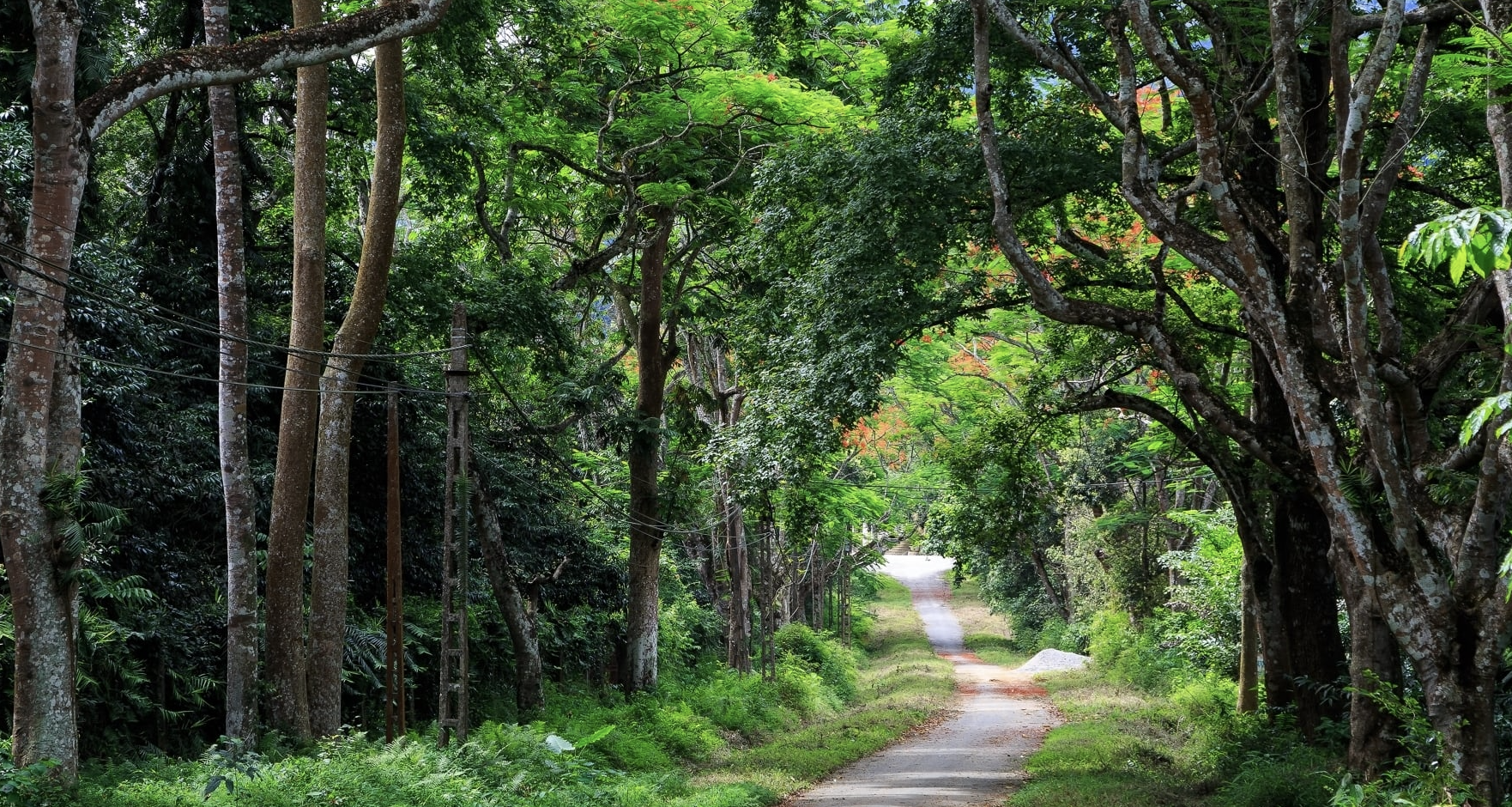


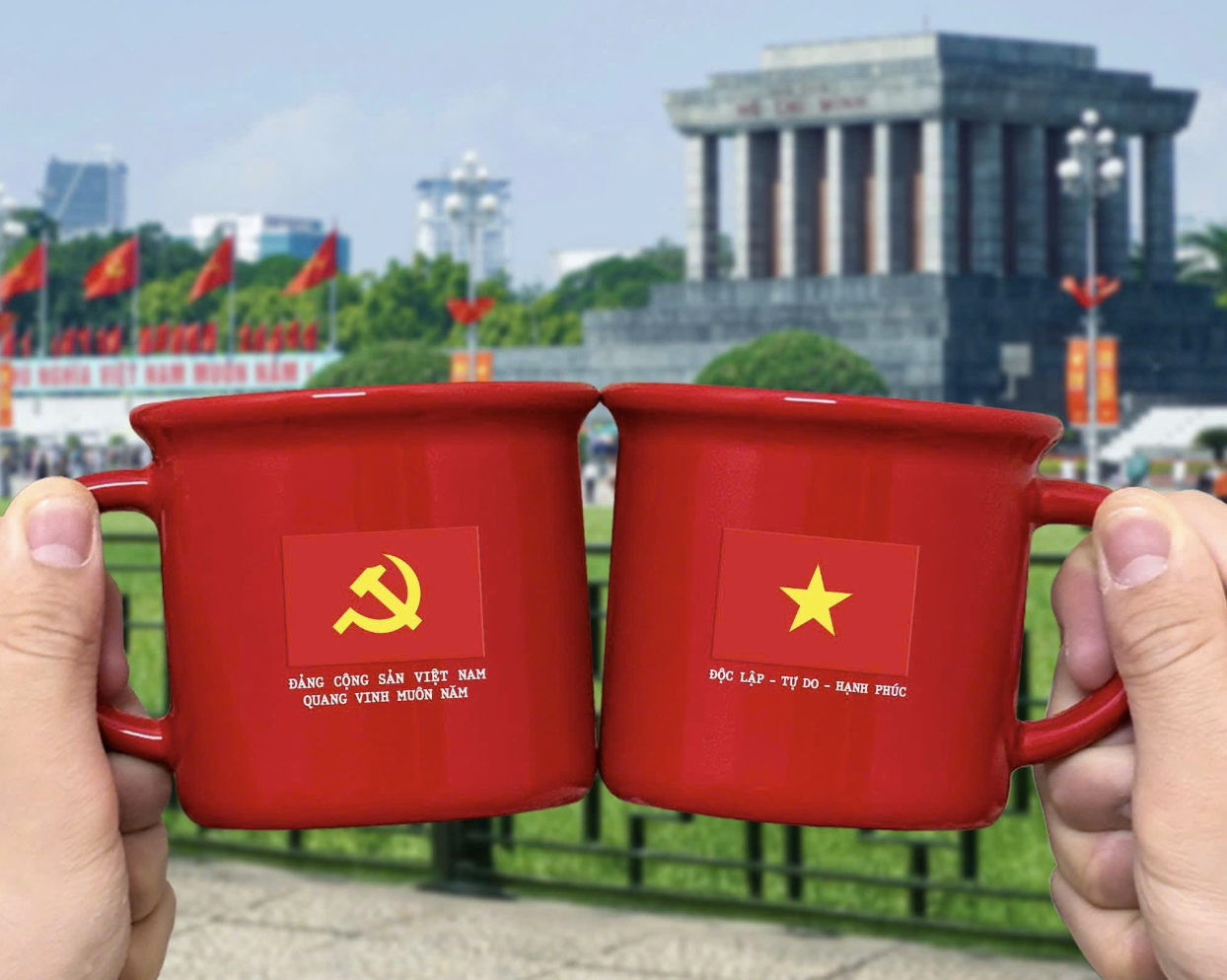
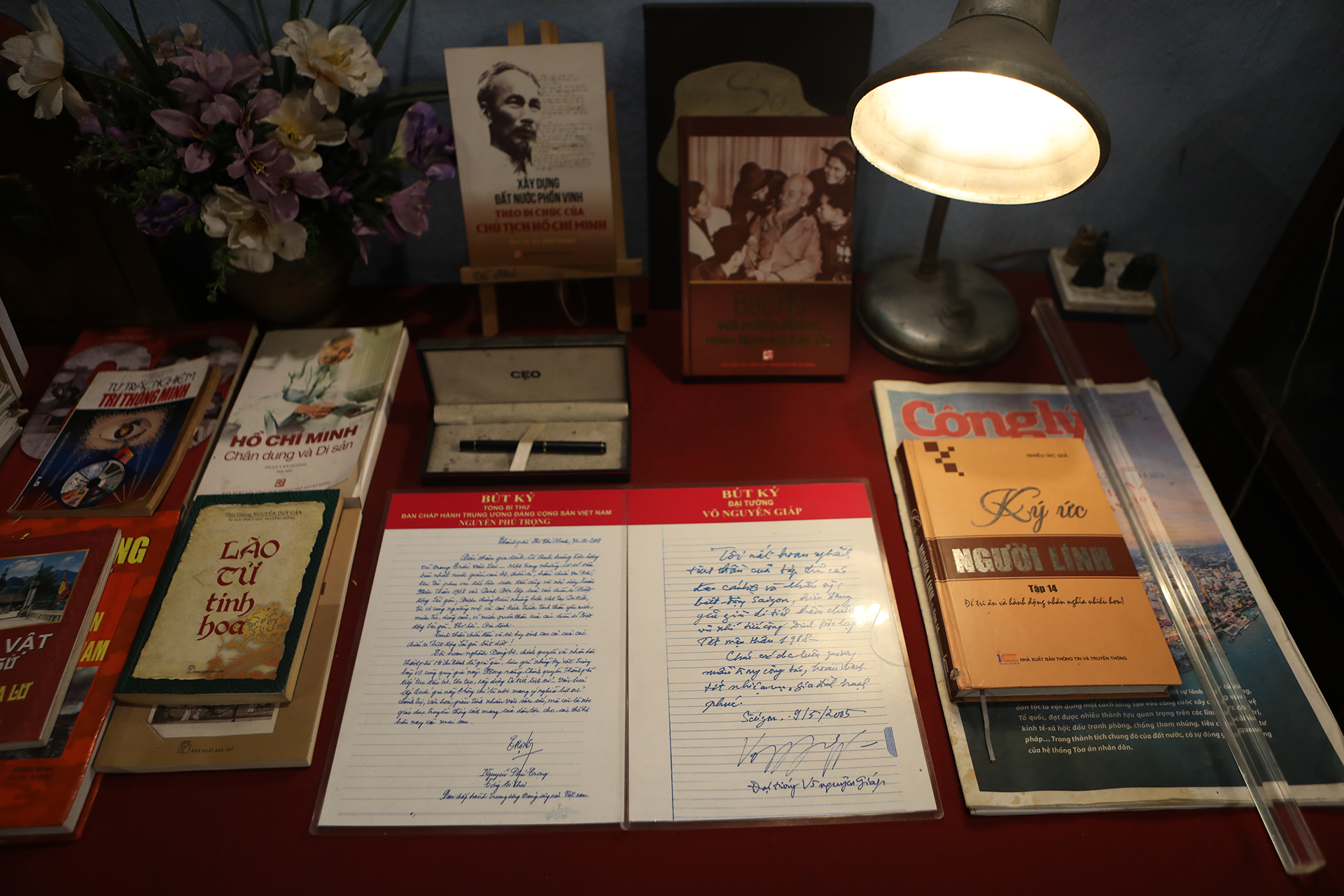
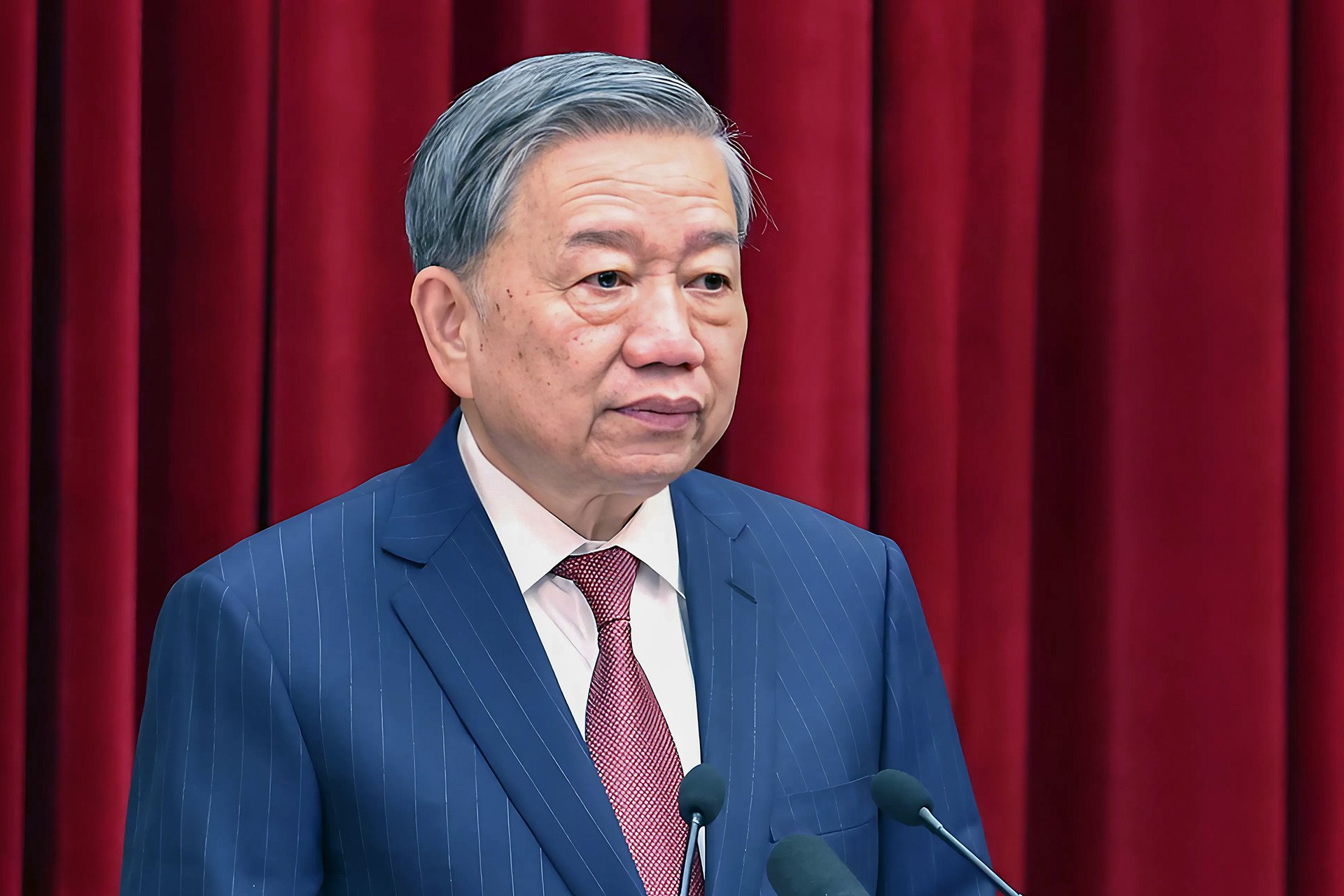
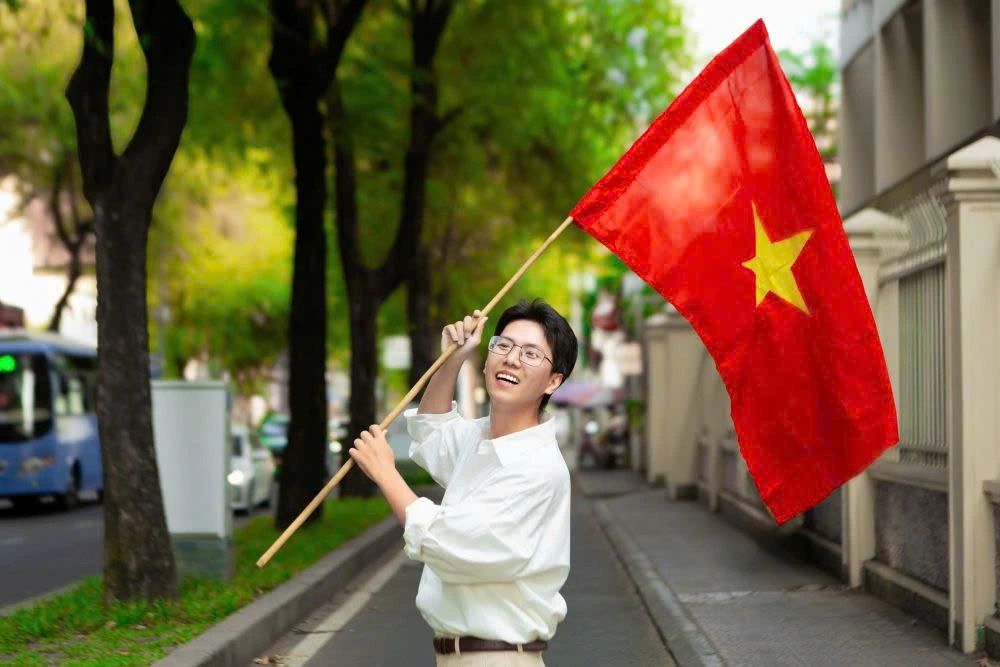
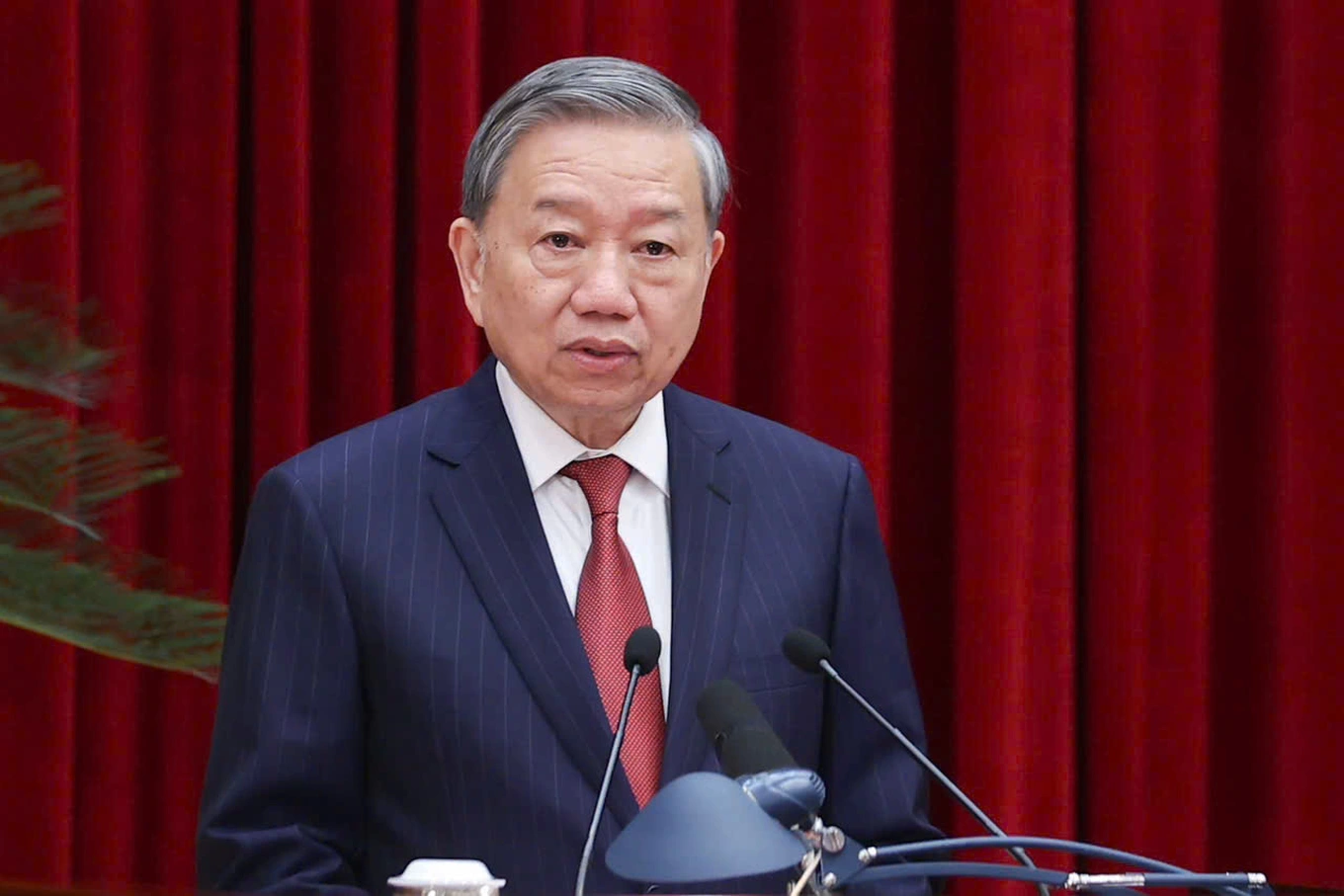
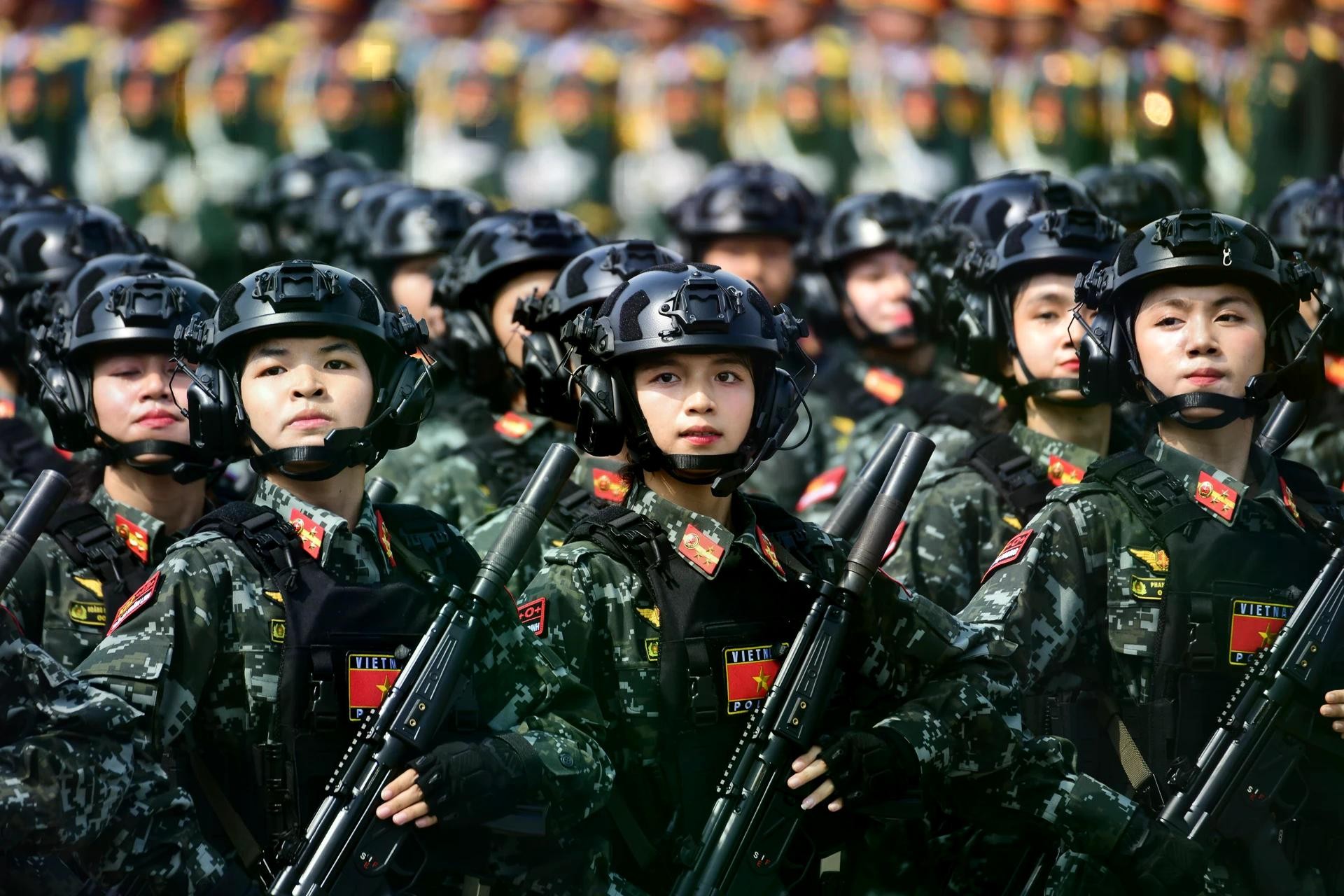























































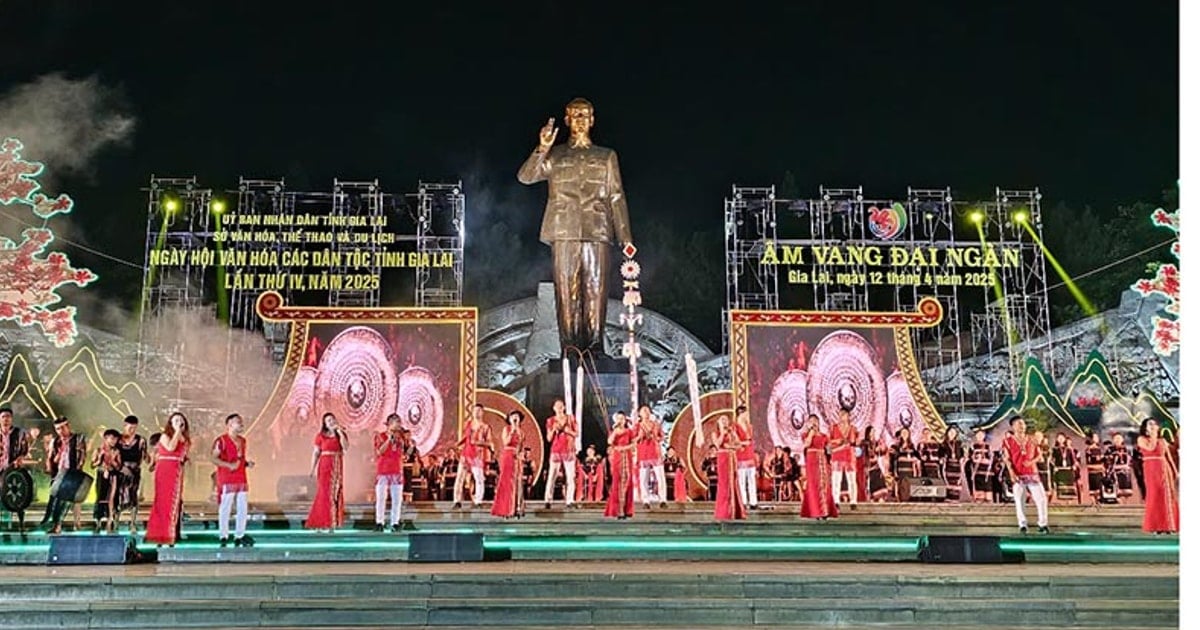
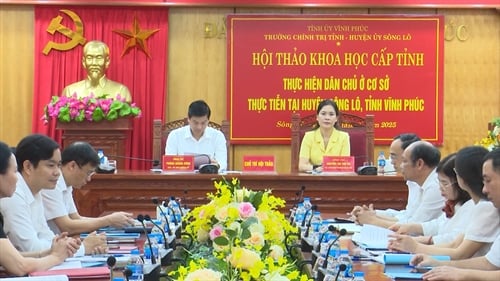

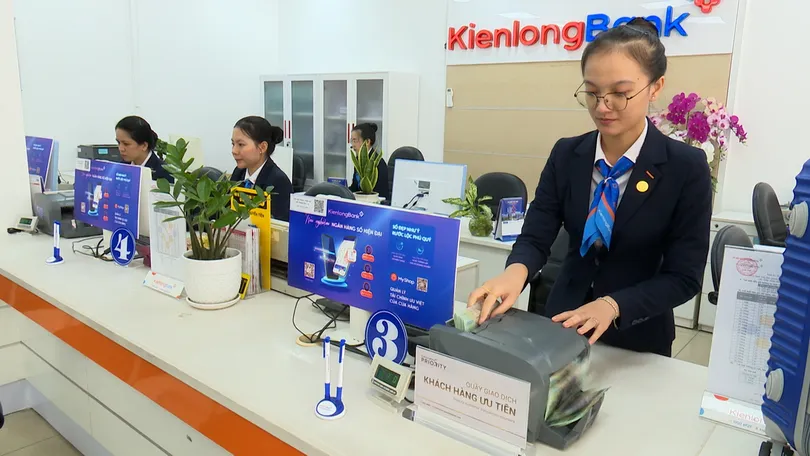
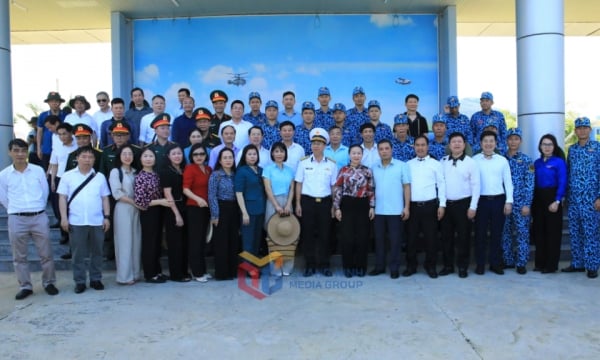











Comment (0)